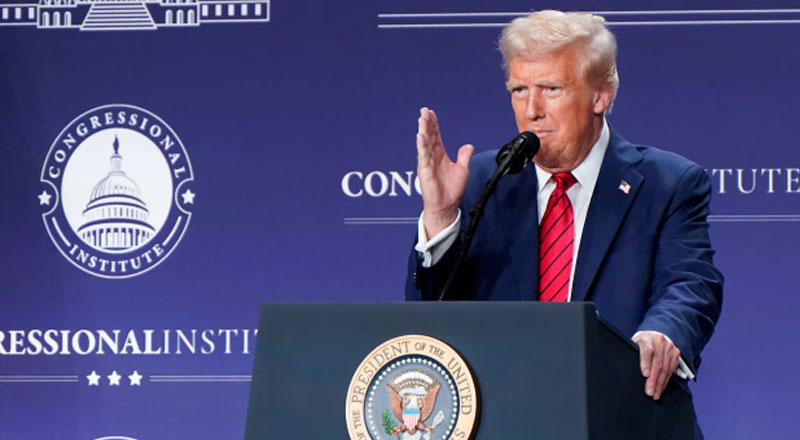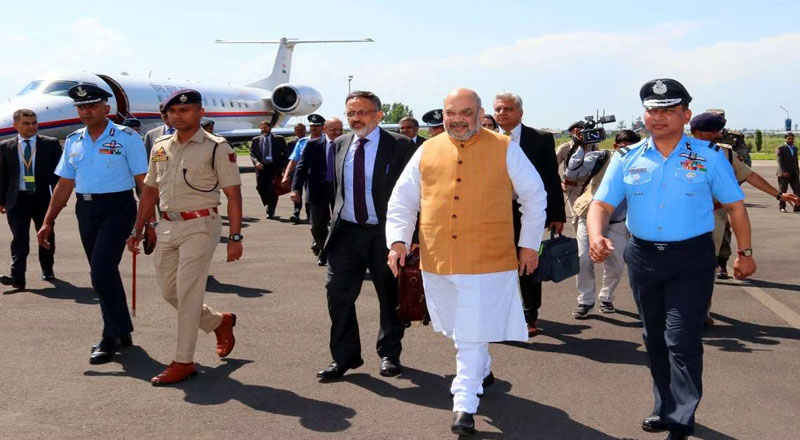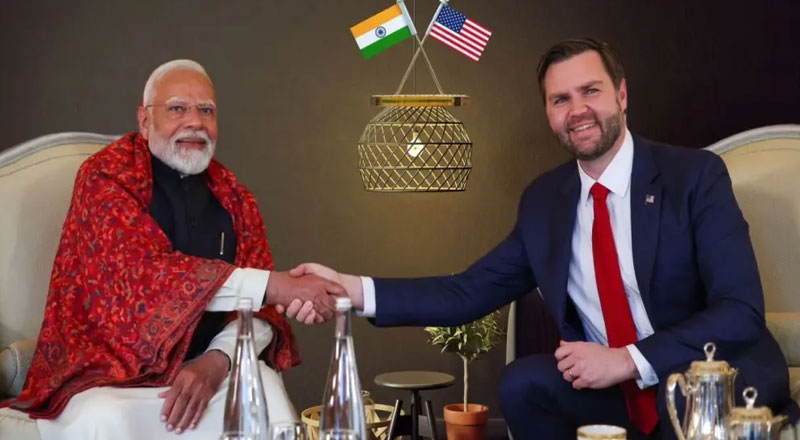Economic Uncertainty and Global Market Jitters
The past week, as has been the case since his inauguration, was defined by the actions of US President Donald Trump, specifically his latest foray into trade policy. While temporarily suspending reciprocal tariffs on most nations, he significantly escalated tariffs on Chinese imports to 125%.
This move, intended to exert pressure and reshape trade dynamics, has triggered a wave of global market reactions, characterized by a complex mix of optimism and apprehension.
The immediate market response saw a global stock rally, buoyed by the perceived reprieve from widespread tariffs. However, a notable anomaly emerged in the US bond market.
Traditionally a safe haven during stock downturns, US government bonds uncharacteristically mirrored the stock market’s downward trend. This erratic behavior, indicative of deep-seated market unease, reportedly played a crucial role in Trump’s decision to postpone the previously announced tariffs for 90 days.
This 90-day reprieve, while offering a temporary respite, does little to alleviate the fundamental uncertainty plaguing global markets. The “tariffs on hold” scenario creates a precarious environment where the threat of future implementation looms large. Markets abhor uncertainty, and the potential for tariffs to materialize in three months casts a long shadow over investment decisions.
The delay effectively freezes major investment initiatives. Businesses are hesitant to commit to significant capital expenditures, particularly those involving supply chain realignments like near-shoring, friend-shoring, or Just-In-Case strategies, without a clear understanding of the long-term tariff landscape.
The lack of clarity extends beyond the 90-day window, as the possibility of future tariff adjustments—whether complete withdrawal, partial reduction, or indefinite continuation—remains ambiguous. Only those with an exceptionally high risk tolerance would undertake substantial investments under such volatile conditions.
Trump’s tariff policies have effectively disrupted the predictability and stability crucial for global trade. The short-term suspension, while seemingly conciliatory, masks a deeper strategic ambiguity that undermines investor confidence. The economic consequences of this uncertainty are far-reaching, potentially stifling growth and distorting supply chains.
The situation underscores the delicate balance between political maneuvering and economic stability. Trump’s actions, while aimed at achieving specific trade objectives, have inadvertently created a climate of unpredictability that could have long-lasting repercussions on the global economy.
The long term effects of these decisions are still yet to be seen, but the uncertainty will continue to cause market volatility.





